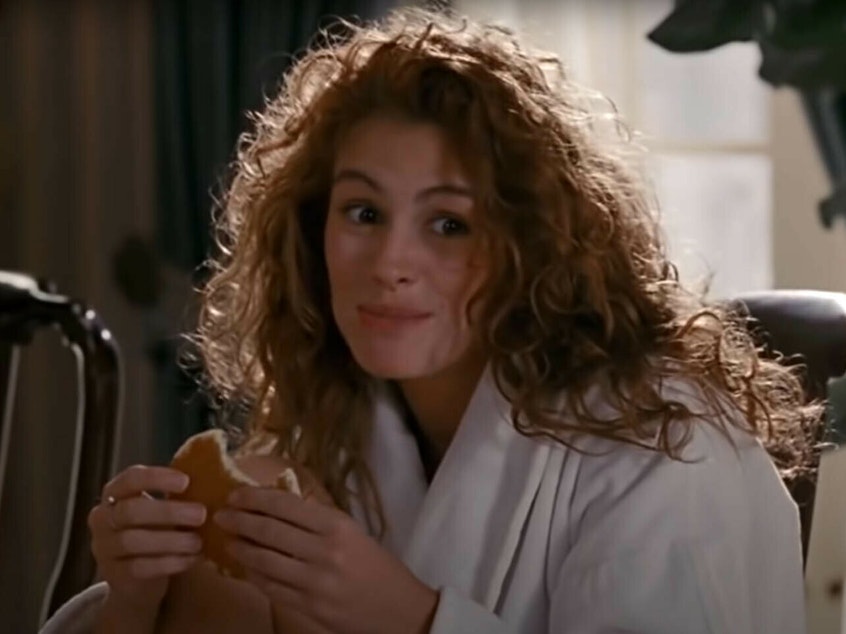Confessions of a continuity cop

I was watching a screener of an upcoming TV show this week when I became distracted. The scene involved a woman in bed with her husband discussing some plans they had, and in one shot, the sheet the woman had pulled up to her armpits (you know, as you do, ladies, to make sure your husband does not see you naked) had slipped down far enough that it seemed like it was threatening to become a more realistic depiction of the marital bed. But then they cut to her husband, and when they cut back to her, the sheet was dutifully up under her armpits again, keeping her fully covered. Back and forth they went. The sheet went up, the sheet went down, shot to shot.
It's not that I don't know how this happens — it's not that we all don't know how this happens. Of course they need multiple takes of a scene. Of course they sometimes mix parts of both takes, and of course no matter how careful people try to be in the moment, you can't catch every single thing that could possibly change. From time to time, you'll see a pretty big one that it is funny they couldn't avoid, like when Julia Roberts' croissant turns into a pancake in Pretty Woman.
But mostly, I freely recognize that being aware of this kind of detail makes one seem like a joyless dweeb. I wish I could help it.
It wasn't until someone pointed it out to me this week that I realized that this is indeed probably why some reality shows — notably Love Is Blind — provide contestants with shiny metal (and opaque) vessels to drink out of. I had actually wondered what the show thinks it's accomplishing with all of its golden wine glasses, whether they thought this was classy, whether this was a trend I didn't know about, whether I needed metal wine glasses in my life. But no — this is, I'm sure, exactly it. They don't want to fuss with beverage levels on a show where people are constantly drinking and need to be heavily edited.
I think everyone who watches a lot of TV and movies has pet peeves — critic Myles McNutt is somewhat famous for his obsession with people holding or drinking out of obviously empty cups. (Seriously: Myles is a terrific writer, but there was a time when, to many people, he was That Guy Who Has That Thing About The Cups.)
Sponsored
Perhaps it is best thought of as a moment when the realities of making television or films collide with the illusion of them. And perhaps it's a salute, really, to the seamlessness with which a viewing brain can accept that scene of the woman with her sheet demurely wrapped around her, or that scene of the beautiful couple having breakfast. When I am focused enough on a scene that I notice somebody's hair moving from hanging behind her shoulder to hanging in front of her shoulder, at least I'm engaged in what I'm watching.
And so I, a Continuity Cop, resolve to keep my siren quiet as much as possible. I can barely remember where my morning coffee is half the time; I can't imagine trying to remember how high the sheet was the last time a scene was filmed.
This piece also appeared in NPR's Pop Culture Happy Hour newsletter. Sign up for the newsletter so you don't miss the next one, plus get weekly recommendations about what's making us happy.
Listen to Pop Culture Happy Hour on Apple Podcasts and Spotify. [Copyright 2024 NPR]



